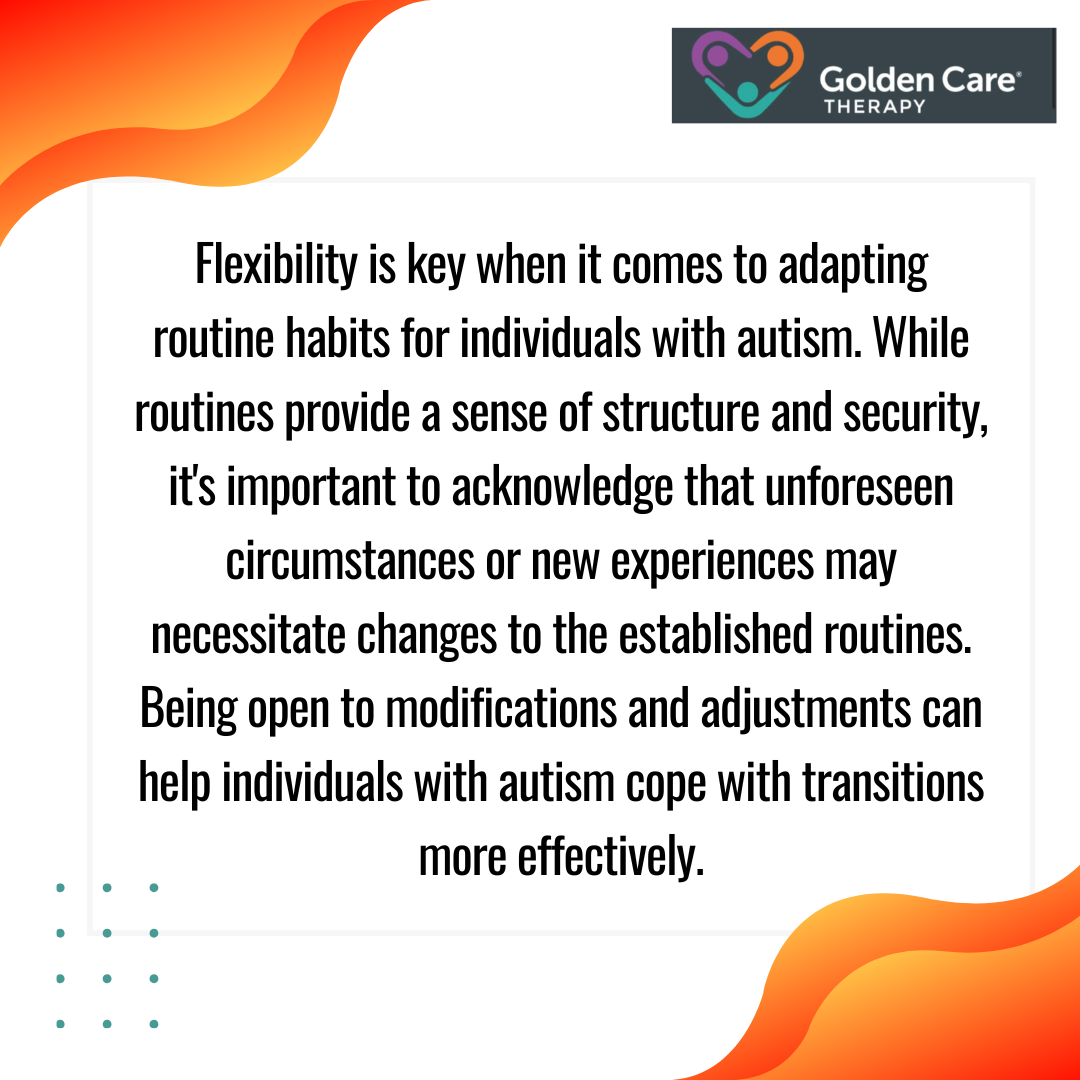Daily routines can be comforting anchors in a busy world, but for people with autism, these routines often carry even greater importance. Predictability and structure bring a sense of calm, helping them navigate each day with more confidence and ease.
From specific morning rituals to bedtime routines, these habits often form a rhythm that offers security amid the sensory and social challenges they might face. Exploring these routines sheds light on how they support well-being, reduce stress, and make life feel a little more manageable.
Understanding these patterns can deepen our appreciation for the positive impact of routine in the lives of those with autism.
Importance of Establishing Routine Habits
Establishing routine habits is especially important for autistic individuals as it provides structure, predictability, and a sense of security in their daily lives. Consistent routines help reduce anxiety, manage sensory sensitivities, and enhance overall well-being for individuals on the autism spectrum.
Routine habits offer a framework for organizing activities, transitions, and daily tasks, which can be particularly beneficial for individuals who thrive in structured environments. By following a predictable routine, individuals with autism can feel more in control, improve their focus and attention, and enhance their ability to navigate day-to-day challenges effectively.
Moreover, routines can aid in developing important life skills, fostering independence, and promoting self-regulation. By creating a supportive and structured environment, caregivers and individuals with autism can cultivate a sense of stability and empowerment that positively impacts daily living and overall quality of life.
How to Establish Daily Routines
In autism and daily living, establishing consistent daily routines plays a pivotal role in promoting structure and predictability for individuals on the autism spectrum. By implementing structured routines within the morning, mealtime, and bedtime activities, individuals with autism can navigate their daily tasks more efficiently and with a sense of security.
Morning Routine
The morning routine sets the tone for the day ahead and can significantly impact overall well-being. Establishing a structured morning routine for individuals with autism helps to reduce stress and anxiety by providing a clear sequence of activities to follow.
Here is a sample morning routine template:
- Wake Up
- Personal Hygiene (Brushing Teeth, Washing Face)
- Dressing
- Breakfast
- Prepare for the Day (Pack Bag, Plan Activities)
- Transition to School/Work/Activities
Mealtime Routine
Consistency and structure during meal times can enhance the dining experience for individuals with autism. A structured mealtime routine fosters independence, encourages healthy eating habits, and promotes social interactions. Here is an example of a mealtime routine format:
- Set the Table
- Wash Hands
- Sit Down for the Meal
- Use Utensils
- Chew Food Properly
- Clear Plates and Utensils
Bedtime Routine
A bedtime routine is essential for promoting relaxation and ensuring a restful night’s sleep. Individuals with autism may benefit from a calming and consistent bedtime routine that helps signal the body and mind that it is time to wind down.
Below is a simple template for a bedtime routine:
- Prepare for Bed (Change into Pajamas)
- Brush Teeth
- Read a Story or Engage in a Relaxing Activity
- Dim the Lights
- Settle into Bed
- Practice Relaxation Techniques
Incorporating these structured routines into daily life allows autistic individuals to experience a sense of predictability and control, leading to enhanced overall well-being.
That said, it is essential to tailor these routines to the specific needs and preferences of the individual, making adjustments as necessary to ensure a comfortable and supportive daily living experience.
Adapting and Evolving Routines
In terms of establishing healthy routine habits for individuals with autism, flexibility in adapting and evolving routines plays a crucial role in promoting their well-being and growth. Understanding how to navigate routine changes and when to seek professional guidance is essential for creating a supportive environment.

One approach to promoting flexibility in routine changes is to introduce visual cues or schedules that communicate any upcoming modifications in advance. By visually preparing individuals for routine alterations, they are better equipped to handle the changes with reduced anxiety and stress.
Additionally, offering choices within the routine can empower individuals to participate in decision-making and enhance their sense of control.
When to Seek Professional Guidance
While parents and caregivers play a pivotal role in supporting individuals with autism in establishing routine habits, there are instances where seeking professional guidance can provide additional insights and strategies for effectively managing routines.
Professional guidance may be beneficial in situations where routine changes pose significant challenges or when behavior patterns disrupt daily functioning.
It is recommended to consider seeking professional support from healthcare providers, therapists, or autism specialists if:
- Routine changes lead to increased anxiety or meltdowns
- Persistent challenges in adapting to new routines arise
- Behavioral patterns significantly interfere with daily activities
- Communication barriers hinder successful routine adjustments
Professional guidance can offer tailored interventions and strategies to address specific routine-related concerns and promote positive outcomes for individuals with autism.
Embracing flexibility in routine changes and recognizing the appropriate times to seek professional guidance is important as it allows parents, caregivers, and individuals with autism to navigate the process of adapting and evolving routines with sensitivity and support.
Remember, each individual with autism is unique, and a personalized approach to routine adjustments can foster a positive and empowering routine environment. At Golden Care Therapy, we understand the importance of tailored support and offer comprehensive ABA services in Indiana designed to meet each individual’s needs.
Our team is dedicated to delivering compassionate, high-quality care that makes a difference. Contact us today to learn how we can support your journey with personalized ABA therapy services, crafted to help you or your loved one thrive.



